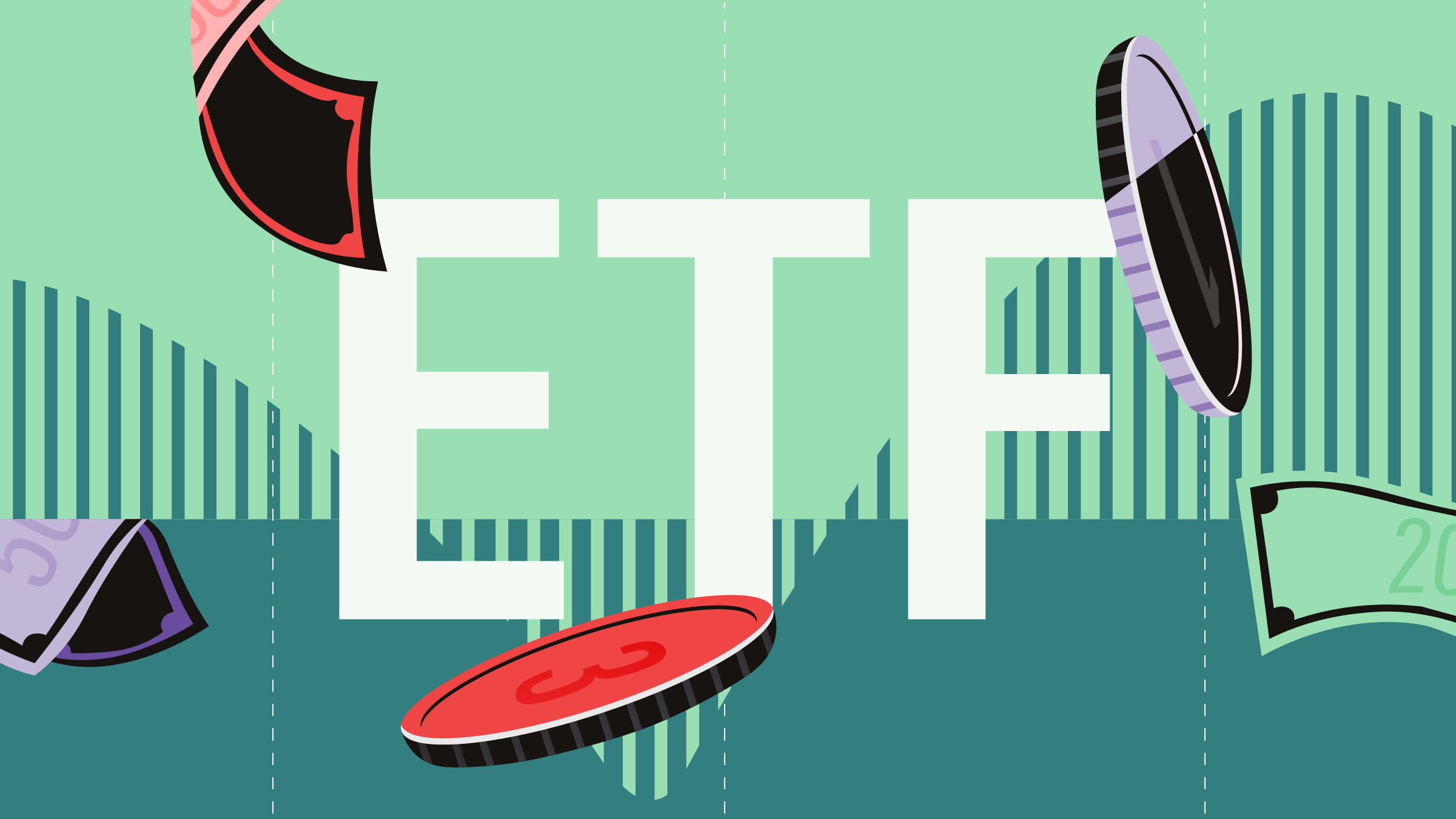However, exactly what will happen to Resona is unclear. Conflicting descriptions in Japanese media and unclear political statements makes it hard to separate substance from talk. Therefore different interpretations co-exist. One is that nationalization of Resona is a well-planned first step in a series of government reforms of the financial sector. Another is that tax-payers money have been given to the present Resona owners and that the over-capacity of the banking s
ector will remain.
Political showdown
The political struggle for power is decisive. So far economy and financial services minister Heizo Takenaka has been the strongest proponent for banking reform. But the election of LDP president in September might force prime minister Junichiro Koizumi to sacrifice Takenaka in order to win. If not, a general election will probably be called, with uncertain outcome.
Investors have seemed to be skeptical to the Resona rescue, The Tokyo stockmarket has fallen during the first week after the rescue. This can be interpreted in different ways, for example that investors believe that nationalization is bad for shareholders, or that they are disappointed because the government has once again failed to send a clear signal.
The political development, especially economic reforms, is critical for Japan. The next important event is, as mentioned above, the election of president of the ruling LDP in September. The present president, Mr Koizumi, was elected on a reform agenda in the spring of 2001. The key questions now are if he will stick to his agenda and if he will win the election in September.
For the Tokyo stockmarket the political development is also critical. Due to continued disappointments it has been pushed further down after the end of war in Iraq. Investors that believe that the reform forces under Mr Koizumi will this year finally be successful and start implementing substantial reforms, should therefore see a good buying opportunity.
















